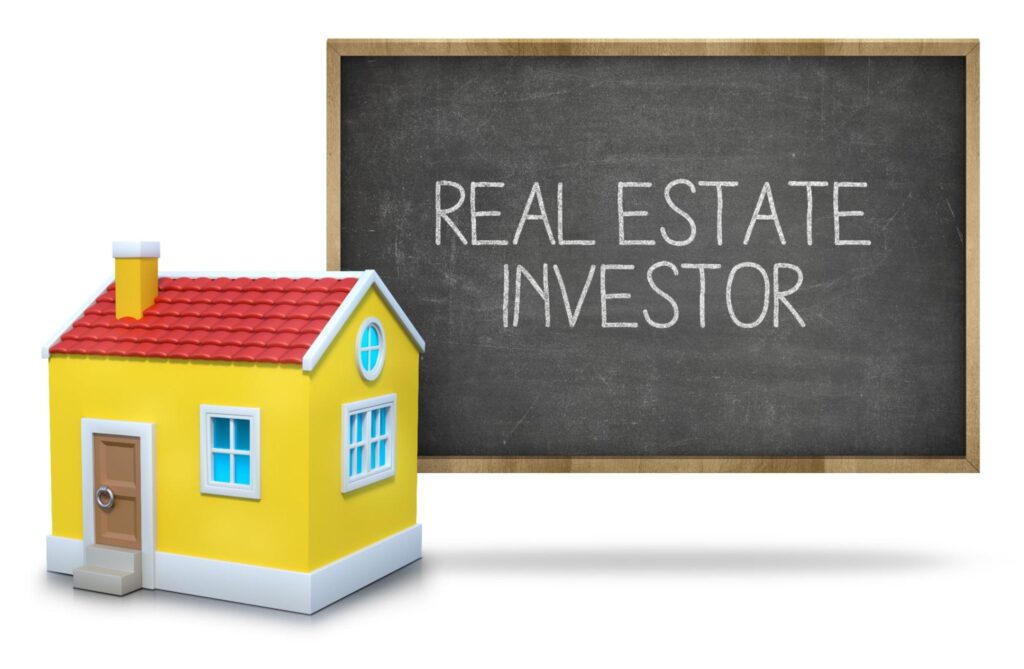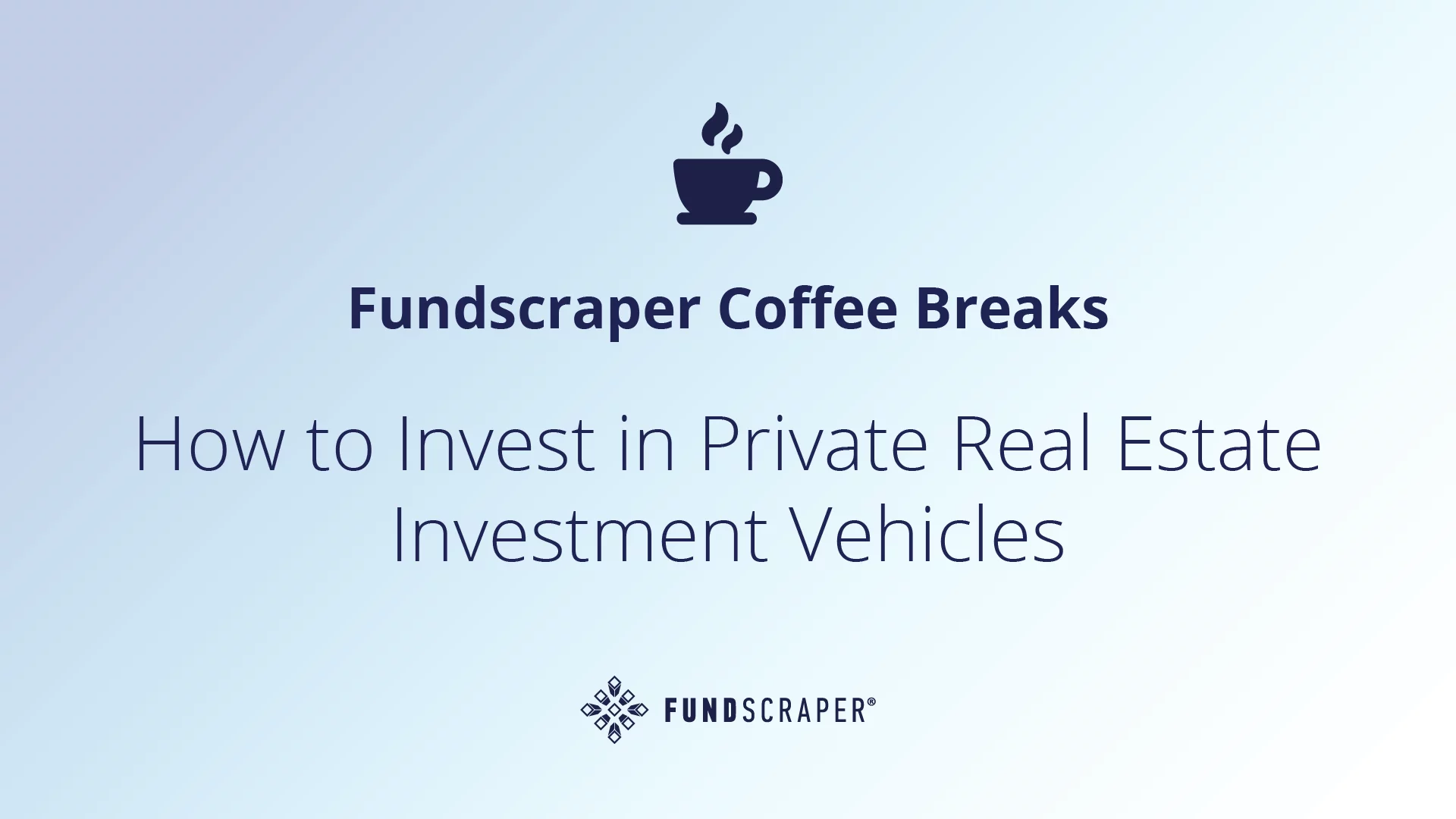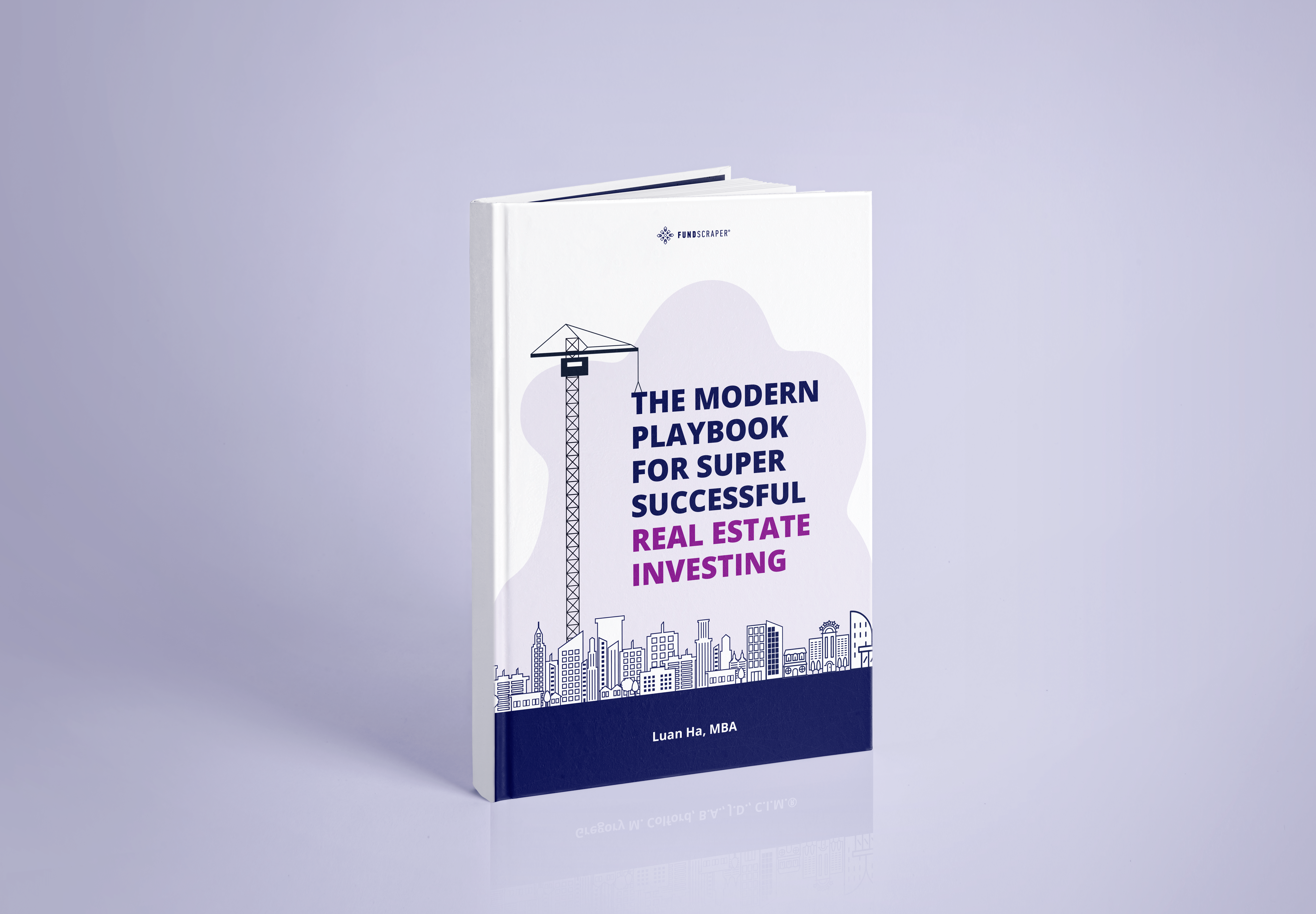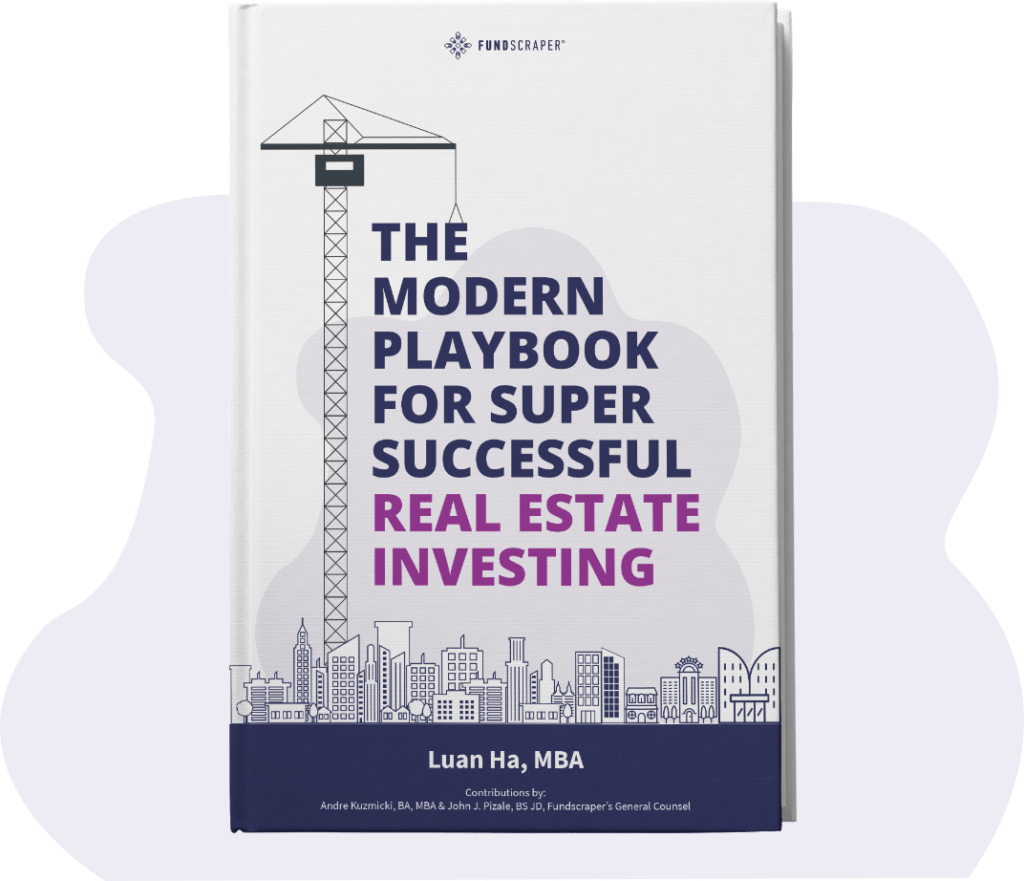The wealthiest investors all have one thing in common: They invest in real estate. You can do it, too, even if you can’t afford a down payment. Read our latest article to learn how to invest like the 1%.
Think you can’t afford a real estate investment? Think again. Worried now isn’t the right time to add another property to your portfolio? It is possible, and we’ve got you.
Even if the extent of your financial experience is a high-yield savings account, you can—and should!—diversify your portfolio with real estate. Fundscraper will teach you how to invest in real estate like the 1% does. If you’re wondering how to invest in real estate, Canada is an excellent real estate market for both seasoned investors and newbies alike.

Here’s Why You Should be Investing in Real Estate
Most of us never get a chance to participate directly in a major real estate project — usually grabbed up by big players, like private equity firms, banks, insurance companies, pension funds, and government institutions.
We are mostly left to public mutual funds, real estate investment trusts (REITs), exchange traded funds (ETFs), and the like. Most people don’t think they have the means or personal finance to buy an investment property, a rental property, an office building, or a single-family home as an investment, but they very well might.
The bottom line isn’t necessarily where you think it is.
Every investor’s goal should be to build a more perfect portfolio designed for maximum rewards and minimum risk.
Consider the experience of and the lessons to be learned from the Yale University Endowment, which is one of the best performing investment portfolios in North America, having a current value in the range of $30 billion. The fund is known for its “20% rule” which recommends at least 20% be invested directly in private markets, such as real estate.
This invariably translates into significantly higher returns over time for real estate investors over those who employ a more traditional allocation based in public markets. One can only conclude that it makes sense to piggyback onto a tried and true paradigm of real estate investing established by the major players.
If you’re new to real estate investing, the idea of adding such a large asset to your portfolio may seem intimidating. But it’s easier and more attainable than you might think.
Is Investing in Real Estate a Good Decision?
Too often, the traditional portfolio mix fails to achieve optimum performance because of the under-representation of direct real estate investing. Our thesis is simple: You’ll likely be more successful if you put more emphasis on solid direct real estate investing, while at the same time maintaining a high degree of safety.
Being risk averse is a good thing. We’re risk averse, too! Most people are naturally risk averse. We’re drawn to what we know and hesitant of what we don’t know.
The average person knows more about traditional investments like stocks and bonds, so that’s where they put most of their money. But the investment environment, especially in the stock market and bond market, can be volatile.
If you’re risk-averse, you should know that limiting your investments to only the public markets is one of the biggest investing risks of all.
Why Investing in Real Estate isn’t just for the Wealthy Anymore
An investment property probably conjures images of the wealthy 1%, but we help make that dream accessible to many. Investing limited only to public markets risks the chance of devastation if the “bubble” precipitously bursts based on factors beyond our control, such as environmental disasters, inflation, or fluctuating interest rates.

Common sense tells us to spread our money out into a diversity of pots, hoping the ups and downs will balance out and we will enjoy a somewhat stable, if unspectacular, return on our investments. As such, to grow and build wealth, it’s a good idea to put a bigger emphasis on real estate investing.
You can add real estate to your portfolio without actually needing to buy a home, or even buy a property.
How to Invest in Real Estate Like a Pro: What You Need to Know
Direct real estate investing fluctuates quite distinctly from other conventional asset groups like stocks and bonds. For instance, real estate is tangible and is what lawyers call an “immovable.” It’s not a substitute that should take the place of other assets in your portfolio, but rather an asset group all its own.
Unlike stocks and bonds, real estate trades privately based on local factors such as location, supply, demand, and investment lifespan. It is often scarce, particularly in growing areas, which translates to a history of appreciating value. In your portfolio, real estate investing is a channel to investments backed by real hard assets providing a regular income stream and long term growth coupled with the benefits of diversification.
You can enjoy superior performance and diversity at the same time. This is especially true if you’re maintaining and growing the value of your retirement portfolio. Smart real estate investing can only enhance the prospect of enjoying the benefits of things like reasonable leverage (typically as much as 4 or 5 times) and the miracle of compound interest over an extended period of time.
Your investment portfolio can enjoy superior performance and diversity at the same time. You don’t even need to be a landlord or property manager!
Meaningful real estate investing is essential for a well-rounded and successful investment package, and the benefits go well beyond diversification. The most obvious benefit of real estate investment is the financial one.
Real estate earns attractive monthly returns and can provide a regular fixed income stream over a set time frame. Speaking of tangibility, that’s another benefit: Real estate is a hard permanent asset that can be easily securitized. It has value, and you can calculate that value at any given moment.
Take advantage of having solid real estate investing as a meaningful part of your portfolio. It’s a self-evident way to enjoy reasonable returns and balance out the vagaries and unpredictable fluctuations in public securities markets, both domestic and international. It’ll pay off in the long term while maintaining a high degree of safety.
Other benefits of real estate investment to note include:
- The ability to take advantage of leverage
- Tax deductions
- A chance to create added value
- An increased voice in the management of the asset
Now that you know more about how to invest in real estate in Ontario, Fundscraper is here to answer any further questions you have about how to invest in commercial real estate, real estate development, and more. It’s time you start earning passive rental income. Contact us today to get started.














